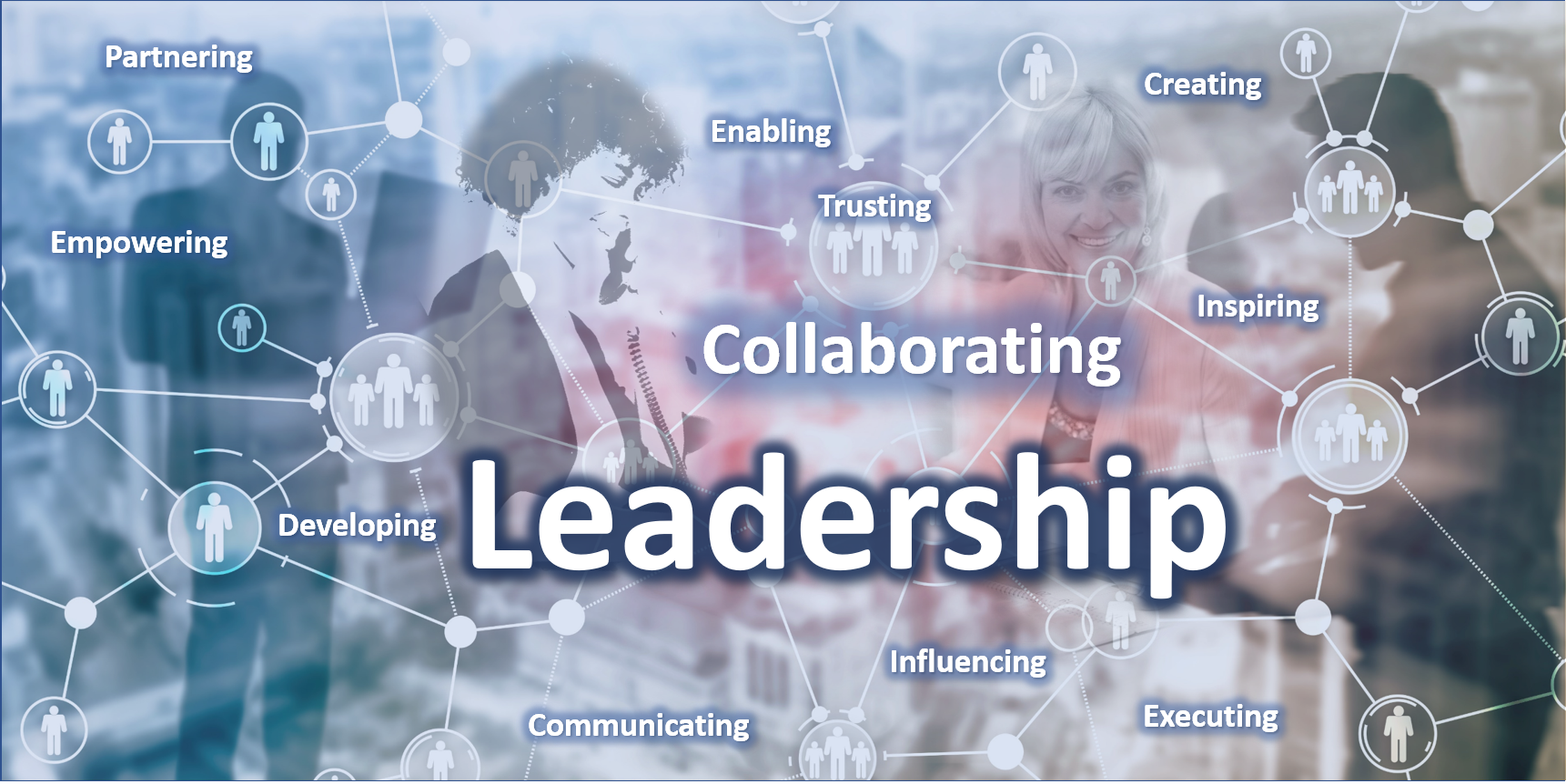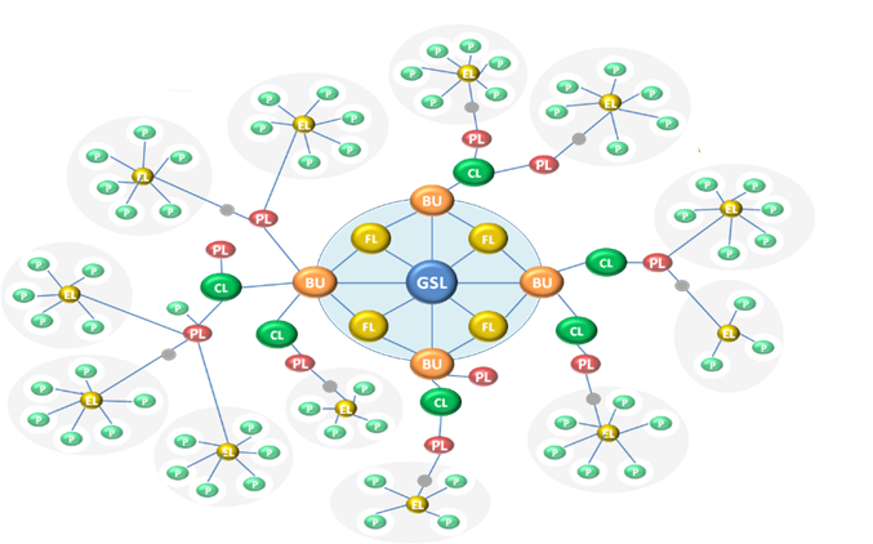This is the sixth in a series of INSIGHT briefs that provides our perspective on how things will change for companies in the Services and Solutions business and what you may need to consider implementing that differs from current practices and approaches. While there are many articles and video tutorials available for managing remote workers, most are more general and not aimed at professional consulting and services solutions sales employees.
Overview

In our series of briefs, we have suggested that leaders of services and solution businesses need to fully evaluate the implications of remote leadership and management for their organizations, not only today, but for reopening and the future. While many professional services firms already use remote pre/post sales teams of “experts” working to solve client problems, their use will expand for developing and delivering services and solutions going forward. We have seen during the COVID-19 pandemic, for example, that the challenge was not only to sell remotely – but to do so without direct face-to-face contact with client teams in most cases. While we know face-to-face contact will increase as we come out of the current quarantine phase, we believe that the basic collaborative leadership principles outlined in this brief will apply more than ever in the future.
Prior briefs in this series have included:
- (Brief #1) Rapidly Adapting to the 'New Normal' in Services & Solutions
- (Brief #2) Selling Services & Solutions Remotely
- (Brief #3) Developing a Remote Worker Policy
- (Brief #4) Cultivating Best Practices for Remote Marketing & Market Management
- (Brief #5) Developing & Delivering Services & Solutions Offerings Remotely
What will be different for Services and Solutions Businesses
- Management:
Just as services and solutions sellers moved from primarily in-person techniques to successfully run remote sales calls, sales management also had to evolve to more effectively manage, motivate and communicate with employees working remotely, where little or no personal contact occurred. As we move to the “new normal”, working remotely will continue to grow, and effective leaders must be ready to set expectations, leverage technology, increase availability, and trust their teams. To do this may require new leadership styles for many mangers and leaders.
- Practitioners:

In the move to remote selling, and as marketing, solutions offerings development, and services delivery methodologies are adapted to support this evolution, all services and solutions practitioners, including consultants, architects, subject matter experts, program/project managers, and services delivery specialists, will also have to adapt new techniques and tools to remotely engage customers to better understand their service and solutions offering needs, provide better sales support, and remotely develop and deliver services and solutions. How they are supported and managed will also require cultivating new leadership competencies.
- Leadership:
As mentioned above, leaders of Services and Solution businesses will have to fully evaluate the implications of remote leadership and management in their organization considering today’s unique challenges. More specifically, they will need to adapt their business, operational, and people management models to lead remote employee sales, services and solutions teams and to anticipate and meet the expectations and needs of remote professional workers more effectively.
Why Collaborative Leadership is right for Services and Solutions:
Collaborative Leadership is the capacity to engage others both inside and outside of one’s formal control and to inspire and enable them to work toward achieving common goals. Based on The INSIGHT Group’s experience helping clients launch profitable high-growth services and solutions businesses, we suggest organizing around dynamic and adaptive “expert” teams. We believe that leaders who demonstrate more collaborative leadership competencies drive the most success in this environment. Adapting these skills for all leaders will not only help to meet today’s professional services challenges but provide for future success in services as well.

This brief further explores the key competencies of successful Collaborative Leaders for managing remote services and solutions teams more effectively – especially in the more adaptive process-driven “expert team” model found in services and solutions businesses.
- Partnering:
by seeking partners based on mutual interests to accomplish shared goals, collaborative leaders build enduring internal and external networks that lead to shared success. For remote teams, this may also include engaging internal and external business partners, as well as “gig” workers to provide needed remote capabilities for project and engagement support.
- Influencing:
motivating others to take actions in the best interests of the firm, its clients, partners and practitioners by understanding the needs of others, gaining their buy-in, encouraging them to work together remotely, and building commitment to achieve shared goals and sustained success.
- Trusting:
trusting their teams and earning their trust based on mutual respect, integrity, and demonstrated concern for the health and safety of employees, especially in uncertain times like these, allows collaborative leaders to balance internal and external priorities and act as trusted advisors to all.
- Communicating:
listening to learn and understand the needs, interests, motivations, and ideas of others, and sharing or exchanging needed information, guidance, and support to enhance the knowledge, capabilities, and contributions of individuals, is especially critical for remote team management.
- Enabling:
collaborative leaders are change agents that help remove obstacles that impede strategic focus, growth, and performance; they leverage technology to improve systems and processes that enable others to succeed. As remote workers face more challenges in that regard, this requires special attention to ensure their success.
- Inspiring:
creating and sharing their vision and modeling the way that inspires others to embrace the more complex and challenging situations faced by remote team practitioners, helping them achieve higher returns for themselves and the organization.
- Developing:
fostering a learning environment by investing time and resources for continually developing customer-valued skills for individuals and remote team development helps cultivate vital and diverse teams, anticipate client needs, and builds future thought leaders.
- Creating:
seeking and integrating the ideas, perspectives, and concepts of others focused on customer wants and needs to encourage the development and sales of leading-edge solutions and their delivery linked with client needs to help them grow the business.
- Empowering:
making data-driven decisions quickly along with stakeholder inputs in order to capture rapidly evolving opportunities. Empowering remote teams within appropriate delegated authority guidelines using their expertise and experience helps to drive decision making closer to the customer in a timely fashion. Encouraging others to seek new opportunities within the firm’s strategic vision and operational framework and allowing learnings from both success and failure will help future growth.
- Executing:
collaborative leaders are adept at leveraging the firm’s strategy, collective talent, and resources to achieve excellence and win in the marketplace. By realigning programs and methodologies to support remote solutions selling, development and delivery teams can execute with urgency, align risks and rewards, anticipate and adapt to the unexpected, set expectations for collaboration and excellence, and let the strategy drive remote team actions and structure.
Perspectives / Insights

Assessing Collaborative Leadership competencies through Self/360 Collaborative Leadership Assessment tools, such as those developed by The Insight Group, can help identify specific areas of strength for coaching, mentoring, and sponsoring others, as well and those competencies and capabilities needing individual and organizational development. This can greatly improve the effectiveness of services leaders and help to improve practitioner, client, and firm success.
Our next brief, Re-entry into the 'New Normal': Insights and Summary, will share and evaluate the collective feedback, insights, and new support offerings that have to date come out of sharing this series.
Reiterating; this pandemic is tragic. It will result in step function changes in the Service industry for all geographies. Companies that quickly understand and accommodate change will find new avenues for growth and profitability, and each successfully adapting company will contribute to the overall economic stability and security for all in the 'new normal'.
Let us know if you or your firm would like to share your thoughts and issues plus share additional insights on this topic. We would be happy to set up a short web session. Drop us a note at giaco@insight-group.com.





